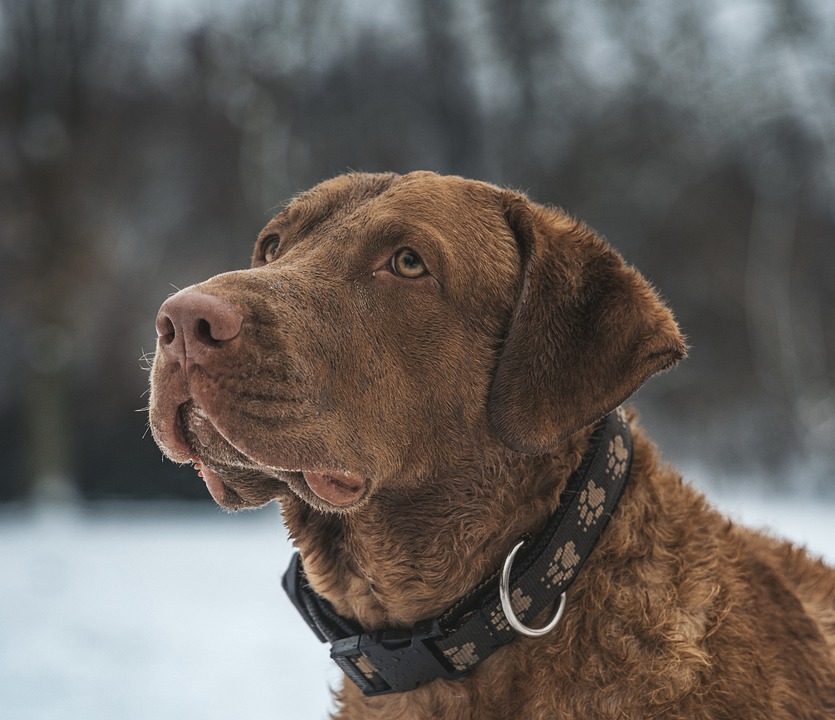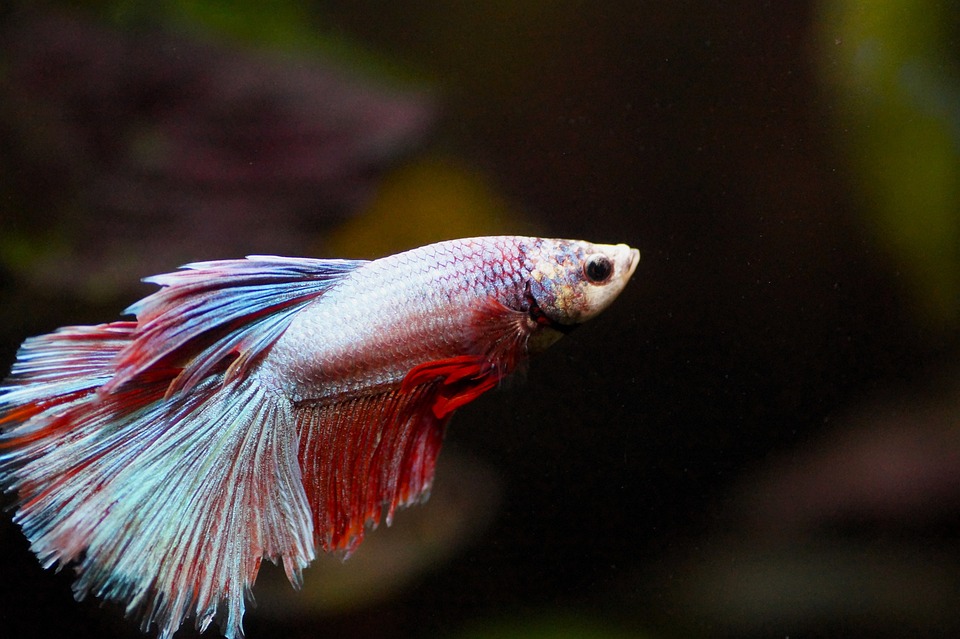Bloat in dogs, also known as gastric dilatation volvulus (GDV), is a serious and potentially life-threatening condition that can affect large and deep-chested breeds like Great Danes. When the stomach fills with gas and twists on itself, it can lead to a variety of complications, including tissue damage and even death. To help prevent bloat in these at-risk breeds, veterinarians may recommend a procedure called gastropexy.
Gastropexy, also known as stomach tacking, is a surgical procedure in which the stomach is sutured to the body wall to prevent it from twisting and filling with air, food, or fluid. There are several different types of gastropexy procedures, each with its own benefits and potential risks. While a gastropexy does not completely eliminate the risk of GDV, it can significantly reduce the chances of it occurring.
Research has shown that prophylactic gastropexy can reduce the risk of bloat in breeds like Great Danes by a significant factor. In dogs that have already experienced GDV and undergone surgery, the recurrence rate of GDV can be reduced from 80% to under 5% with the addition of an incisional gastropexy. For dogs at high risk of developing GDV, such as those with a family history of the condition, a gastropexy may be a life-saving procedure.
While gastropexy can be a life-saving intervention, it is not without risks. Complications such as stomach perforation, cardiac arrhythmias, gastric retention, and tissue necrosis can occur. It is essential for pet owners to be aware of these potential risks and to follow their veterinarian’s post-operative care instructions carefully to ensure a successful recovery.
In addition to gastropexy, there are other factors that can help decrease the risk of bloat in dogs. Feeding your dog multiple small meals throughout the day, providing canned food, maintaining an ideal body weight, and reducing stress and anxiety can all contribute to a lower risk of bloat.
Ultimately, the decision to have a gastropexy performed on your dog should be made in consultation with your veterinarian. They can assess your dog’s individual risk factors and help you determine if a gastropexy is the right choice for your pet. By taking proactive steps to prevent bloat, you can help ensure the health and well-being of your beloved canine companion.





